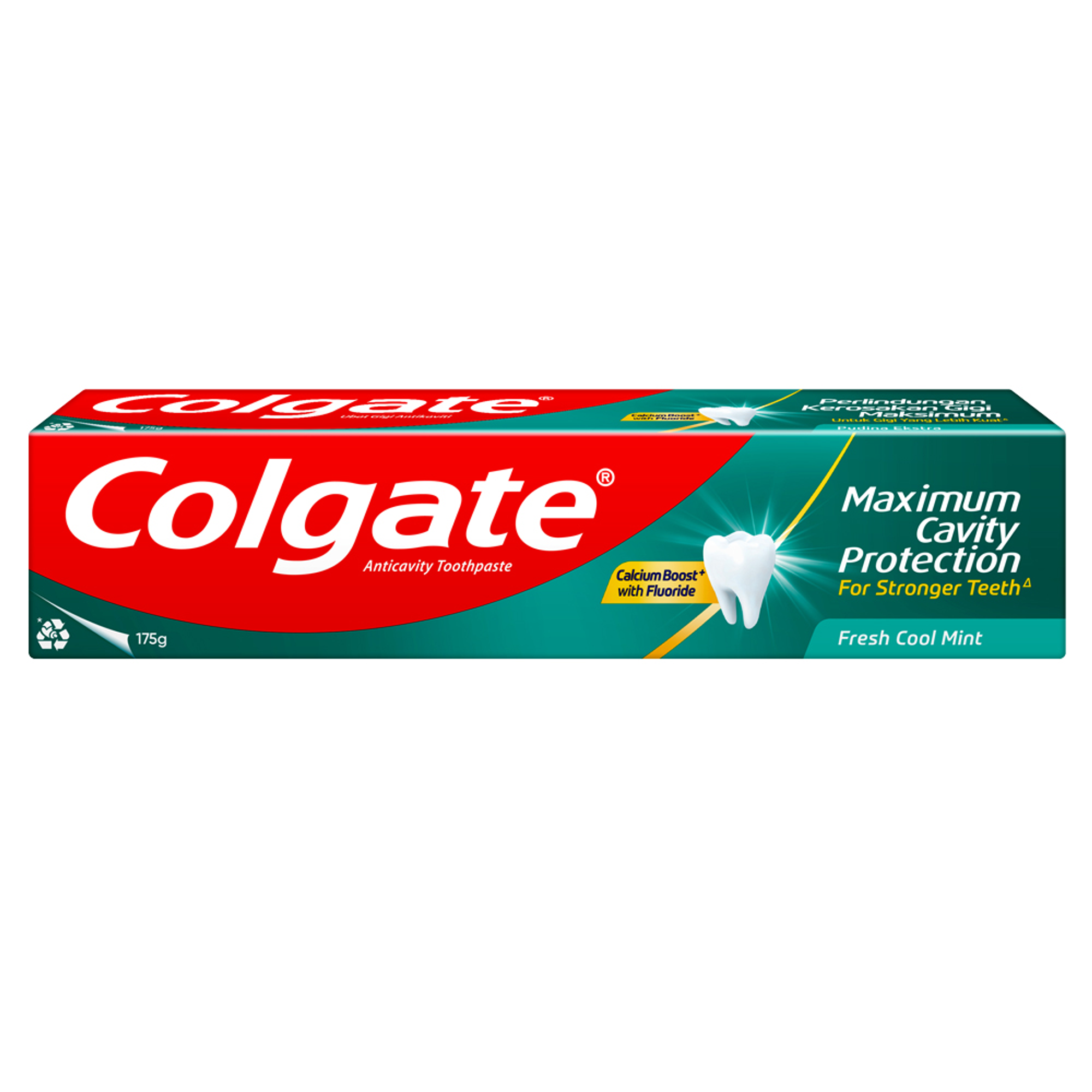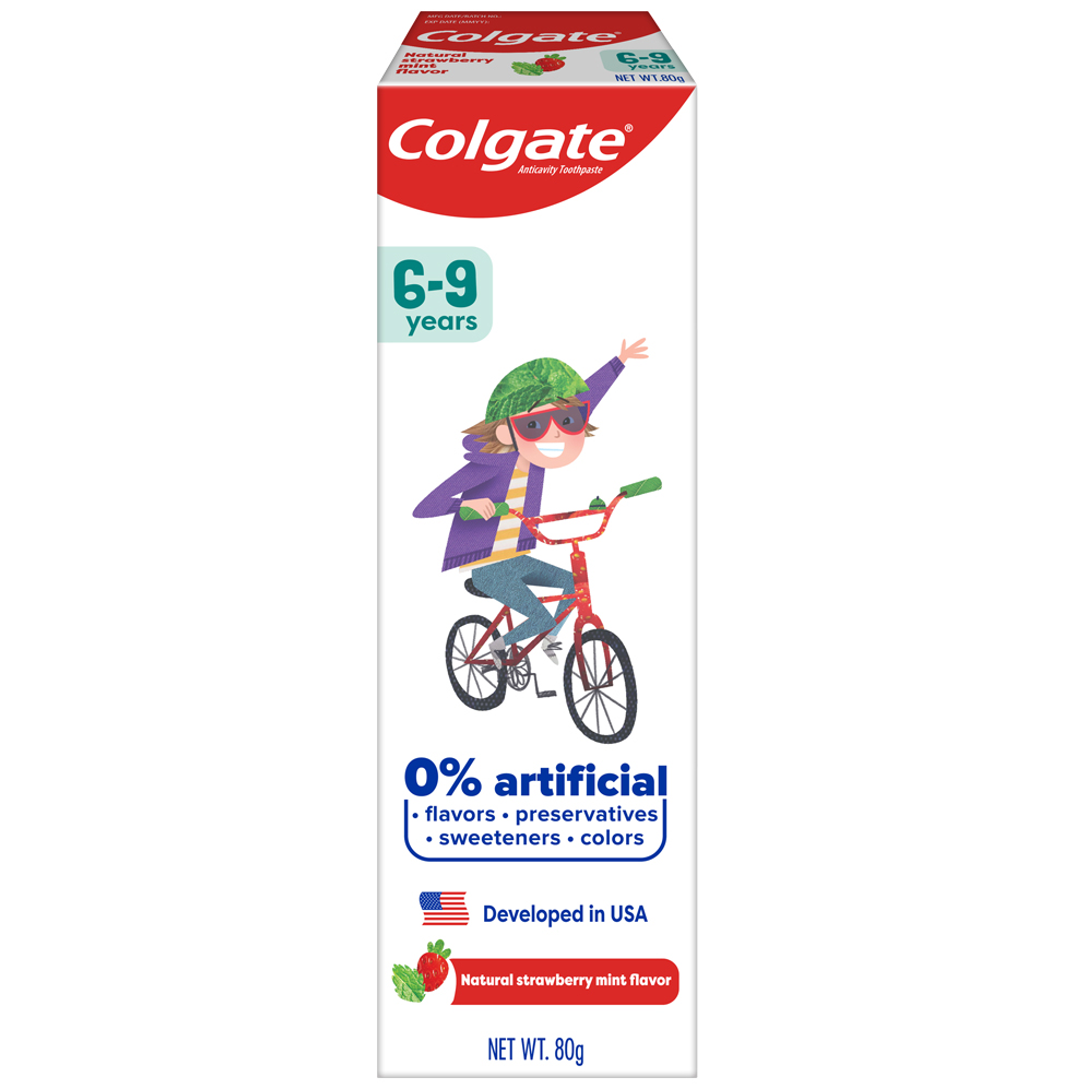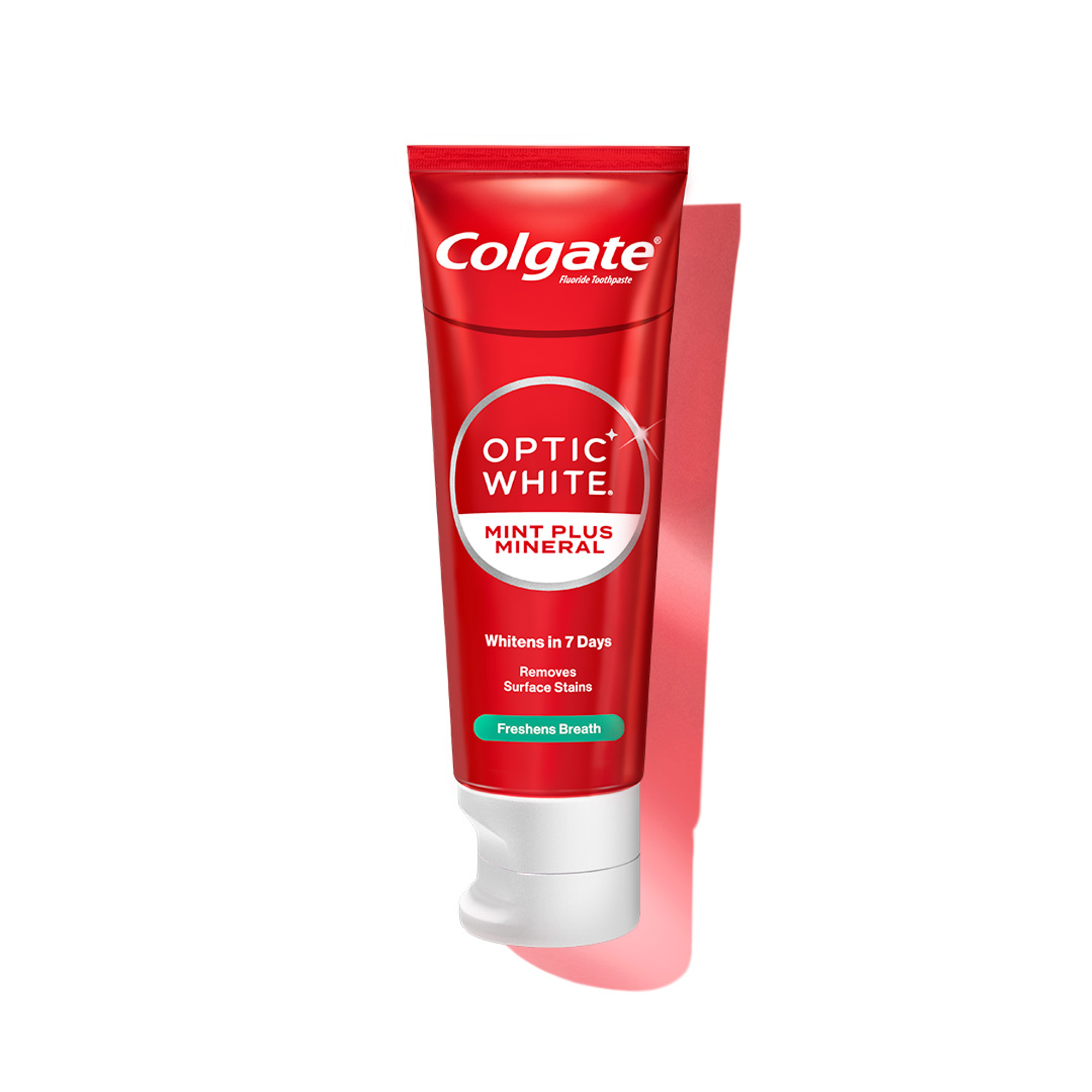- Oral Health and Dental Care | Colgate®
- Oral Health
- 3 Simple Tricks for Flossing with Braces | Colgate MY


Encouraging kids to floss even is a challenge for most parents, but it becomes even more challenging when children have braces. The wires in braces prevent you from flossing traditionally, and it's very difficult to do on your own. Orthodontic care is an important part of maintaining a healthy smile, but it takes commitment from parents and guardians to make sure teeth stay healthy while they're being straightened.
Here are three tricks to make it easier for a child wearing braces to floss regularly:
Use The Right Tool
Using floss on teeth with braces is difficult and frustrating. Sliding the floss between the teeth above the wire is a bit like threading a needle. An orthodontic floss threader is an inexpensive and disposable tool available in nearly any store that sells toothbrushes and toothpaste. It is indispensable when flossing teeth with braces because it allows you to pull the floss through the teeth above the wire and reach the gum line.
Help Younger Children Floss
Do not expect younger children with braces to have the dexterity required to floss successfully. You most likely will need to help your child floss. It's best to have him kneel or sit in a well-lit area, as it can take a long time. If your child has a difficult time sitting still, have him sit where he can watch a favorite show or listen to music while you floss.
Use Waxed Floss
Non-wax floss is more likely to catch on braces and leave behind shreds of floss. When flossing with braces, it is best to use waxed floss with a floss threader, which will slip between each tooth without catching more easily. Gently slide the floss up into the gum line of both teeth before removing the floss and threader and going to the next tooth.
While dental care is important for all kids, children with braces should be especially encouraged to take care of their teeth. Guardians and parents should play an active role in ensuring proper dental care. Flossing with braces will take your child about twice as long as flossing teeth without braces, but it must done regularly to prevent gingivitis and plaque buildup.
National Diabetes Information Clearinghouse
1 Information Way
Bethesda, MD 20892-3560
Email: ndic@info.niddk.nih.gov
The National Diabetes Information Clearinghouse (NDIC) is a service of the National Institute of Diabetes and Digestive and Kidney Diseases (NIDDK). The NIDDK is part of the National Institutes of Health under the U.S. Department of Health and Human Services. Established in 1978, the clearinghouse provides information about diabetes to people with diabetes and to their families, health care professionals, and the public. NDIC answers inquiries, develops and distributes publications, and works closely with professional and patient organizations and Government agencies to coordinate resources about diabetes.
Publications produced by the clearinghouse are carefully reviewed by both NIDDK scientists and outside experts.
This e-text is not copyrighted. The clearinghouse encourages users of this e-pub to duplicate and distribute as many copies as desired.
Related Products

Helping dental professionals
More professionals across the world trust Colgate. Find resources, products, and information to give your patients a healthier future













